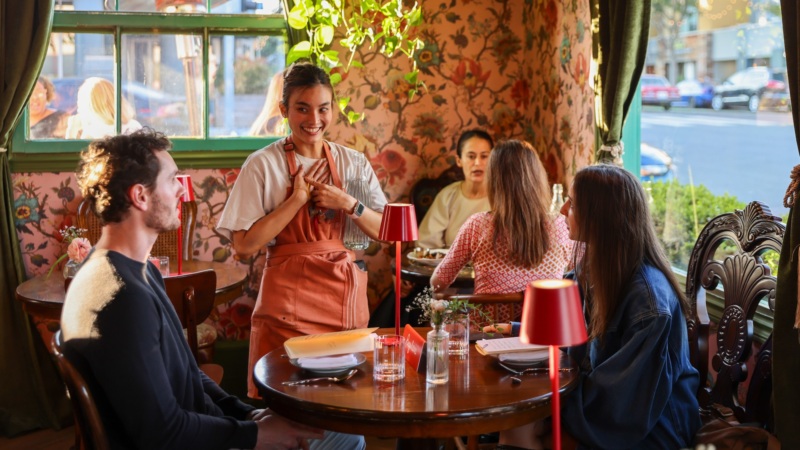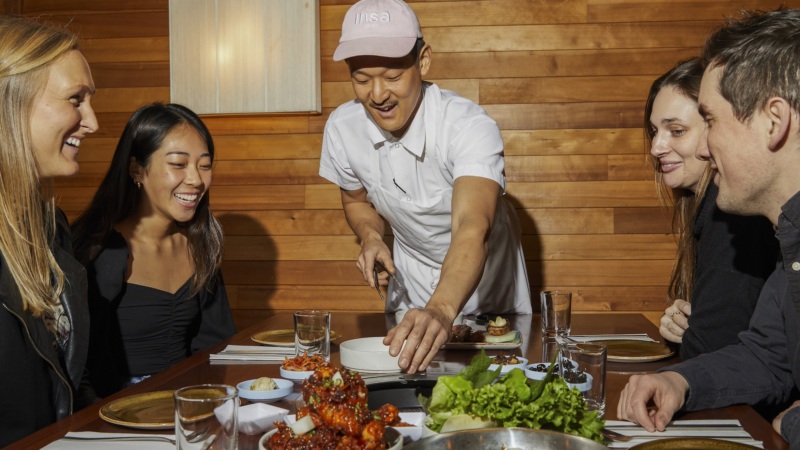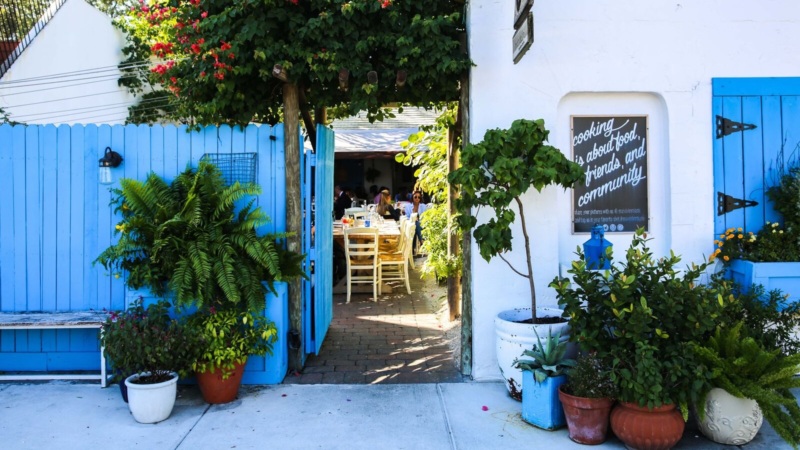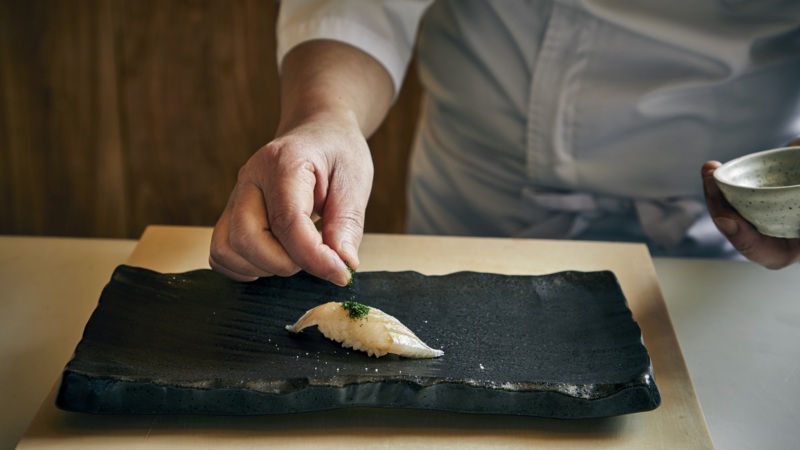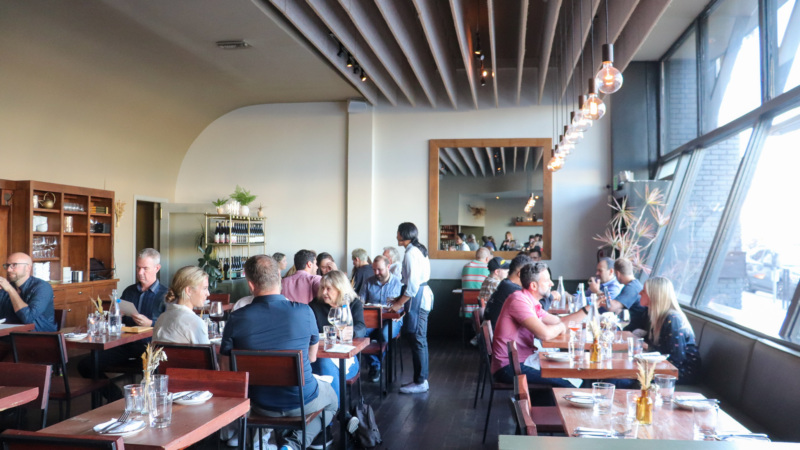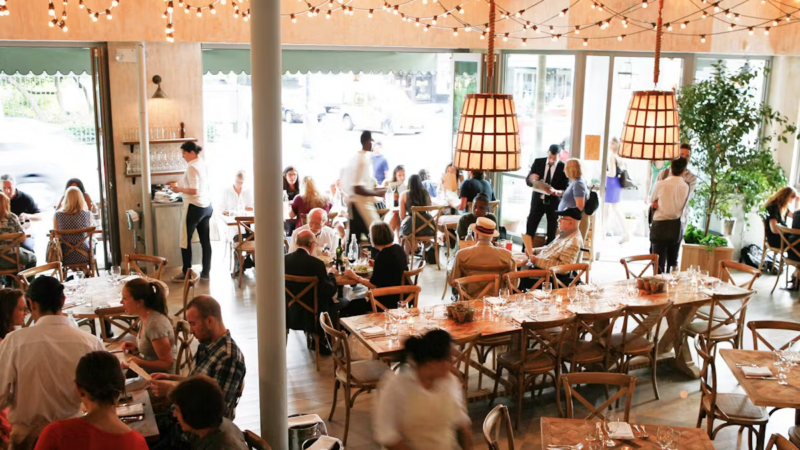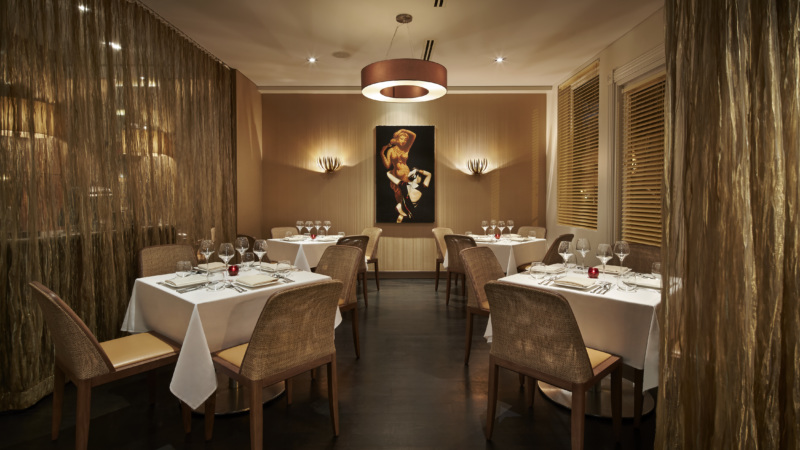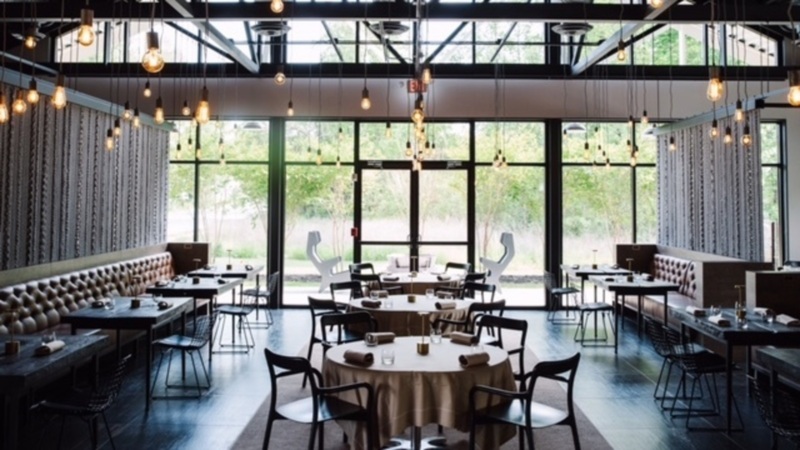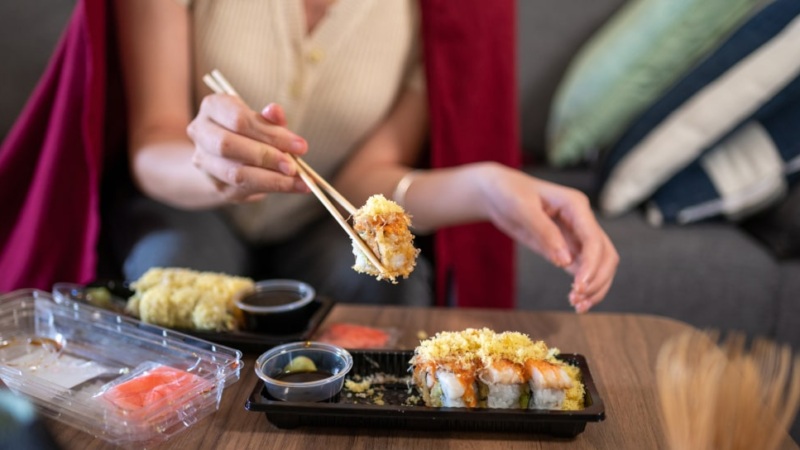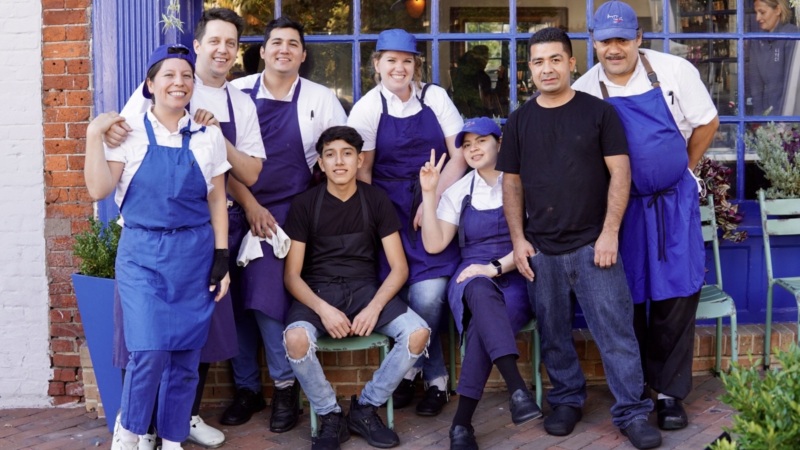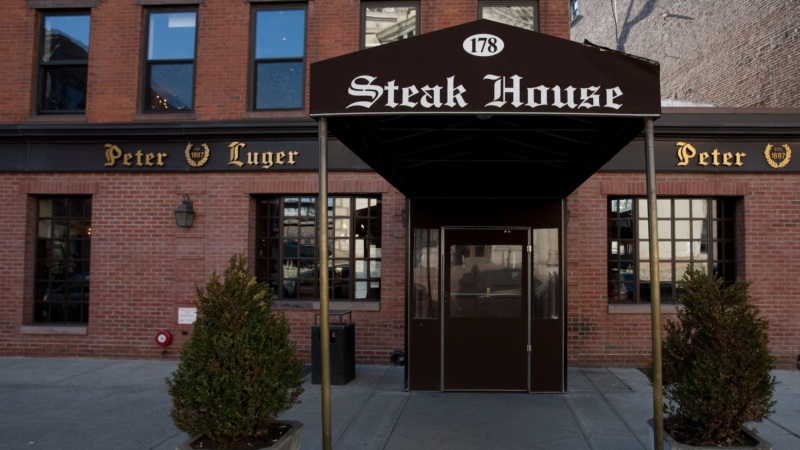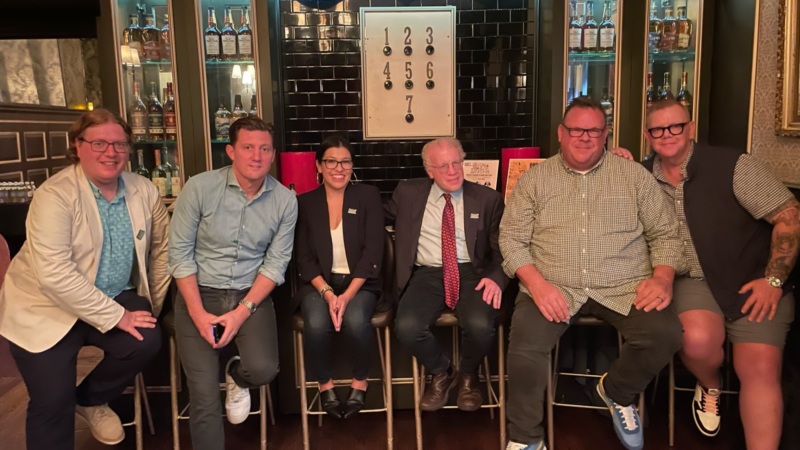

How Three Los Angeles Restaurants Use Vintage Keys to Reward Customer Loyalty
For restaurants, having a loyal following of repeat guests isn’t just a nice to have – it’s a necessity for survival in a notoriously volatile industry. That’s why we’re excited to bring you stories of restaurants using Resy OS to build deeper Reservationships with their guests, turning first-time diners into passionate regulars. From before the aperitif to after the affogato, learn how Resy restaurants are blending old school hospitality with new school data and technology to provide incredible dining experiences and take their Reservationships to the next level.
IB Hospitality in Los Angeles, the group behind Norah, Margot, and the newly opened Juliet, has unlocked a fresh approach to drive guest allegiance while also maintaining their brand identity: distributing vintage keys to loyal diners.
Structured loyalty programs aren’t a new concept: cafés and fast casual spots have long used paper and digital loyalty cards for stamping, with every eleventh coffee or salad being on-the-house. At full service restaurants, loyalty programs have historically been unstructured and unofficial: frequent guests are regularly gifted a glass of wine or a complimentary appetizer as a way to engender goodwill and return visits. But this strategy means the restaurant is missing out on the valuable benefits of a more structured program, including having a list of regulars to market to, and providing more predictable rewards for loyal diners.
IB Hospitality shared how they rolled out a program that adds value for loyal guests and doesn’t compromise on an elevated guest experience.
Find a Method That Matches Your Brand’s Identity
“The thing that gives a restaurant group longevity is having a core group of regulars,” notes Rohan Talwar, IB Hospitality’s president and CEO. And so, a few years after Norah opened in 2016, IB Hospitality launched its singular loyalty program.
The intent was to provide certain regulars or would-be regulars with a method for receiving a discount when they dined. A standard paper discount card wouldn’t fly. Says Talwar, “When you’re in this category of upscale restaurants, marketing needs to have a light touch.” To complement the group’s higher-end aesthetic, the marketing team, after some brainstorming, landed on the idea of putting vintage keys in red envelopes. “It just worked,” recalls Talwar.
Define Your Loyalty Criteria
The criteria for who receives a key varies and is based on more of a qualitative analysis than a guest having to dine more than, say, 15 times at a property. Sometimes a key is bestowed on a regular who dines weekly at one of the group’s restaurants, is engaged with the wine list, and is kind to the staff. Sometimes a key is gifted to a couple who are newish diners to the group’s restaurant portfolio but seem eager to dine at IB Hospitality’s other properties.
No matter the reason a guest is bequeathed a key, the value remains the same: they get a 15% discount on their check across the board, meaning all items on the bill before tax and tip are included. The key’s applicability is broad: The 15% discount can be used during every hour of each property’s hours of operation.
Use Technology to Enhance the Experience
“The key program makes people feel like they’re part of the inner circle,” says Talwar. Keyholders, by dint of their consistent presence at the restaurants, have easier access to managers and thus to help securing reservations. The group encourages diners to bring their keys with them when dining to add to the experience. But if a guest forgets their key, the team uses information from Resy OS as a backup. They created a customized tag that they add to the guest’s user profile to indicate who has been bestowed a coveted key. (See how to create custom tags here.)
Engendering guest loyalty is all about making guests feel at home. And what’s more homey than having a physical key to unlock exclusive rewards?
*Opinions and views in articles shared on Resy OS are presented for the purpose of discussion and commentary on topics of interest in the restaurant industry; they should not be viewed as substitutes for advice given by professionally engaged business consultants and advisors.





